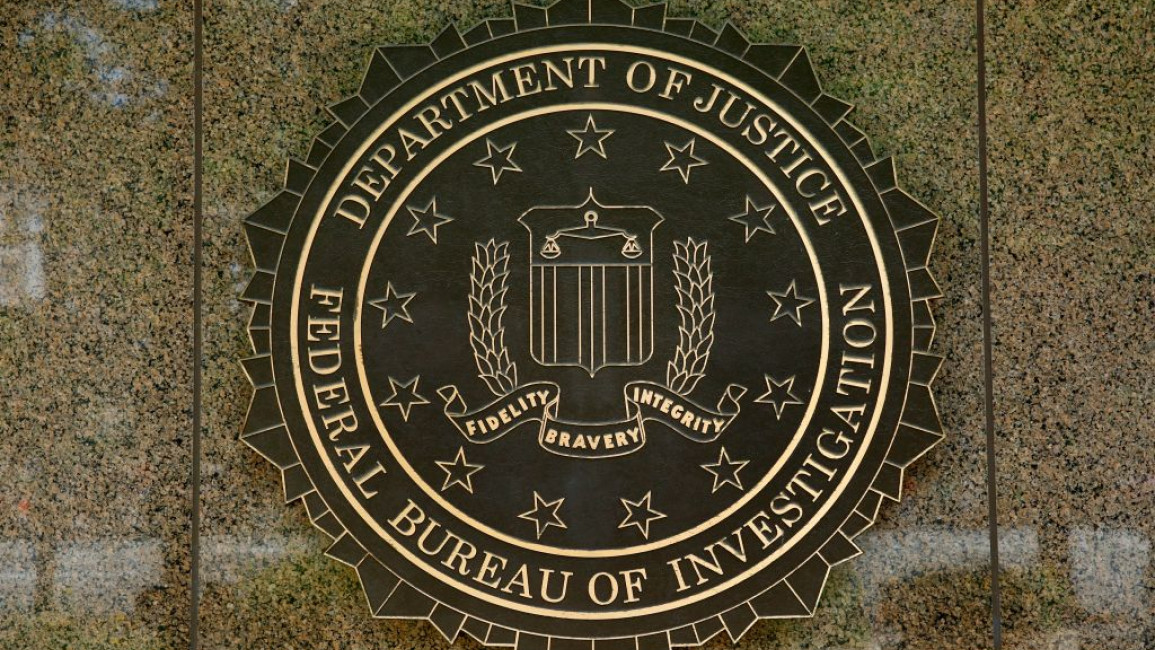Rights groups appeal dismissal of landmark case exposing FBI surveillance of Muslim Americans
The Council on American-Islamic Relations (CAIR), the American Civil Liberties Union and another plaintiff are appealing the dismissal of the US Supreme Court case FBI v. Fazaga related to the surveillance of Muslims.
The case began in 2011 after it was revealed that a man working for the Federal Bureau of Investigation (FBI) as an informant had posed as a Muslim convert some five years earlier at mosques in southern California. This was despite no signs of wrongdoing by the congregants.
"It’s important to place FBI v. Fazaga within the larger context of the FBI spying on and surveilling American Muslims since 9/11," CAIR's senior civil rights managing attorney Amr Shabaik told The New Arab.
"For over 20 years, the FBI has been targeting the Muslim community under the guise of counterterrorism efforts, but many of their investigations have been overly broad and unlawful," Shabaik said.
"These actions have caused significant harm and distress to our community, infringing on our rights, and treating us as suspects solely based on our religious affiliation," he added.
FBI informant Craig Monteilh surveilled mosque attendees for around a year until he started trying to instigate violence, at which point mosque members alerted authorities.
Monteilh publicly acknowledged that he had been working for the FBI, according to documents revealed in court proceedings.
The plaintiffs want that their case brought back to court so that they can seek justice for what they say was a violation of their constitutional rights and for discrimination.
Until now the US government has argued that the case should be dismissed because allowing it to continue could reveal sensitive government information - what they referred to as "state secrets".
Shabaik said he worries that if the court rules in favour of the government and it is allowed to have the case dismissed based on the claim of state secrets, then "it would mean the government could simply claim 'state secrets' whenever it conducts electronic surveillance and dismiss any legal claims challenging that surveillance".
Shabaik added that if the case is dismissed, it could have far-reaching implications beyond the Muslim community.
"It would allow the government to avoid being held accountable and escape civil liability, even if it engages in unlawful surveillance and violates the constitution, without any oversight from the courts," he said.



